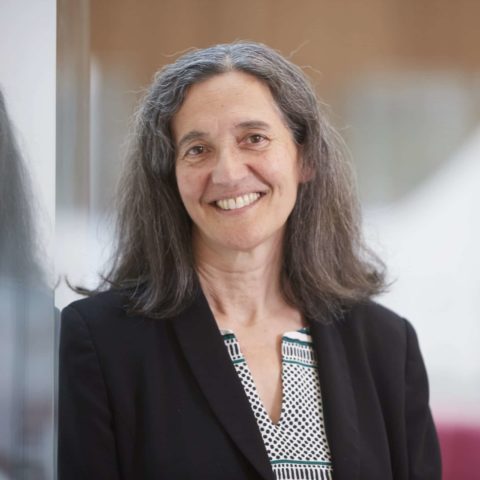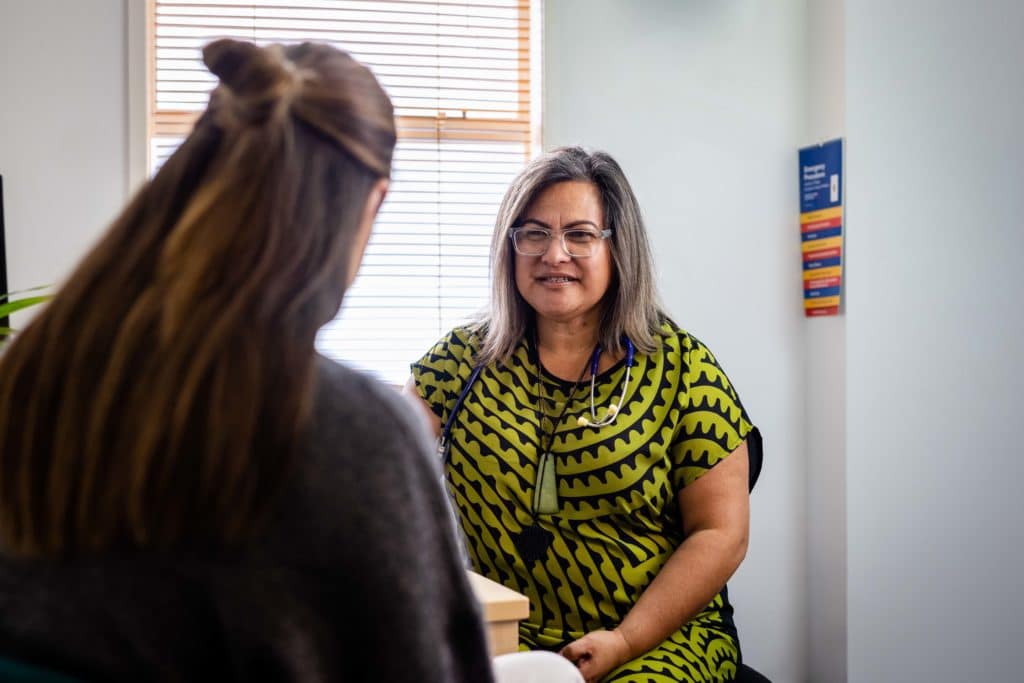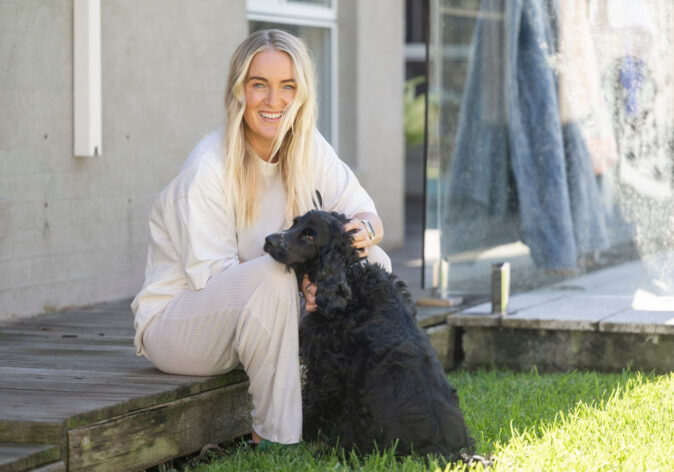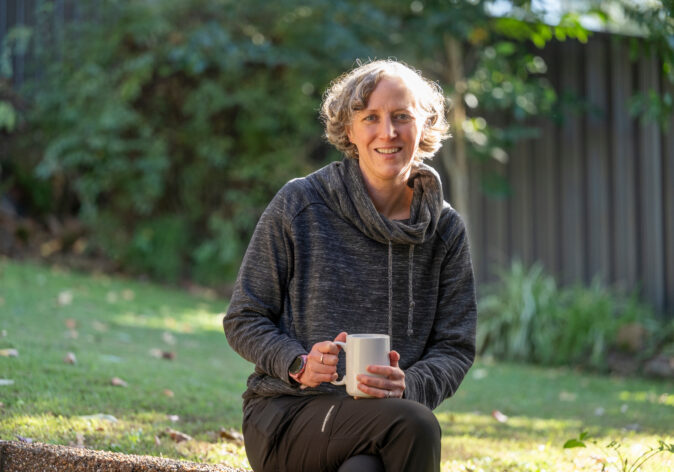What Is Neoadjuvant Therapy?
Neoadjuvant therapy really refers to therapy that is given before surgery. Traditionally in breast cancer, therapy has been mostly what we call adjuvant therapy – a therapy that you give after breast cancer surgery and therapy that is designed to reduce the chance of any future problems from breast cancer, and it’s usually post-operative. Neoadjuvant therapy refers to giving therapy before the surgery, so it’s a timing issue in relation to the tumour surgery, the cancer surgery.
What is the difference between adjuvant vs neoadjuvant?
The difference is in the timing of treatments such as chemotherapy, targeted therapy and/or hormone-blocking therapy in relation to breast surgery. Adjuvant therapy is administered after surgery to reduce the risk of cancer coming back in the breast or elsewhere in the body. In contrast, neoadjuvant therapy is given before surgery to shrink the cancer making it easier to remove with surgery. Breast cancer clinical trials have shown that treatments given to women before surgery is just as effective as having chemotherapy after surgery in terms of the cancer coming back elsewhere in the body and survival.
What are some examples of Neoadjuvant Treatment?
The goal of neoadjuvant therapies is to shrink the size of the tumour making it easier to surgically remove. This may not be suitable for everyone, so decisions about timing of treatments in relation to surgery should be made in consultation with your medical team.
Neoadjuvant therapies include
- Chemotherapy: Chemotherapy is a medicine that is given to kill cancer cells throughout the body. For breast cancer, it is usually given intravenously (through a drip or injection into the vein) every 1-3 weeks, for a total of 12-24 weeks. There are many different types of chemotherapy, and your doctor will be able to describe the risks and benefits of the treatments that are most suitable for you.
- Immunotherapy: Immunotherapy helps to stimulate the body’s immune system to attack the cancer cells and may be given together with chemotherapy. Your doctor will be able to advise if this is a suitable option for you depending on the type of breast cancer you have.
- Targeted therapies: Targeted therapies work by targeting specific characteristics of cancer cells, like a protein that allows the cancer cells to grow in a rapid or abnormal way. This helps to stop the growth and spread of cancer while affecting normal, healthy cells less than other types of cancer treatments, potentially reducing side effects. There are many different types of targeted therapies, and your doctor will be able to let you know if this is a suitable option for you depending on the type of breast cancer you have.
- Hormone-blocking (endocrine) therapies: Hormone-blocking therapy works by interfering with the signal that oestrogen sends to cause this type of breast cancer to grow. It is given as a tablet that is taken every day, for women with oestrogen (ER) and/or progesterone (PR) receptor positive breast cancer. They are usually given for 5 years or longer. For premenopausal women, a medication such as goserelin (Zoladex) may also be used to stop the ovaries from making oestrogen.
Why Would You Have Neoadjuvant Therapy?
The period before breast cancer surgery can be filled with anxiety. Neoadjuvant therapy provides time to consider the type of surgery you may want and plan for reconstruction if needed.
There are several other reasons to consider neoadjuvant therapy:
- Reduce the size of the tumour so that you can have breast conserving surgery (lumpectomy) rather than removal of the whole breast (mastectomy). Breast conserving surgery may not always be possible because of a large tumour. However, neoadjuvant therapy may shrink the size of the tumour so a smaller operation is possible.
- Reduce the number of lymph nodes that need to be removed from the armpit (axilla) – potentially allowing for a sentinel lymph node biopsy instead of axillary lymph node dissection.
- Give time for more information to become available, such as genetic testing if you have a strong family history of breast cancer. This may influence your decision about type of surgery and treatment you may choose to have.
- Determine the effectiveness of treatment by feeling or seeing if the breast cancer is shrinking.
- Provide more information about prognosis (the chance of your cancer coming back) and help to decide if extra therapy is needed after surgery.
Listen to the podcast
Professor Prue Francis explains the potential benefits of neoadjuvant therapy and why it’s been increasingly used in breast cancer research.
How can we assess if neoadjuvant treatment is effective?
Neoadjuvant therapy allows doctors to see if the drugs are effective. By administering drugs while the tumor is still in the breast, doctors can monitor whether the tumor is shrinking by examining the breast, using imaging techniques such as mammogram and breast ultrasound, as well as surgically removing the tumor after completion of therapy. This is not possible with adjuvant therapy, when treatment is administered after the cancer has already been surgically removed.
With a neoadjuvant approach, you are provided with more prognostic information for the women or the patients with breast cancer. This is because, particularly in the case of breast cancer that’s called ‘triple negative’ where there are no hormone receptors and HER2-negative.
Neoadjuvant Therapy in Breast Cancer Clinical Trials
Increasingly, neoadjuvant therapy is being employed in clinical trials in research for breast cancer. This approach allows researchers to identify new treatment strategies by observing changes in the tumor while it is still in the breast and obtaining biopsies to understand these changes.
Neoadjuvant Patient Decision Aid
Breast Cancer Trials has developed the Neoadjuvant Patient Decision Aid to help women make an informed decision about their treatment. This resource is recommended for women who have recently been diagnosed with early-stage breast cancer. Find out more about this resource here.
Support Groundbreaking Research
Your donation can make a real difference in pioneering clinical trials focused on improving outcomes for women with early breast cancers.
By contributing, you’re helping us advance neoadjuvant therapy. Join us in reshaping the future of breast cancer treatment.
Support Us
Help us to change lives through breast cancer clinical trials research




